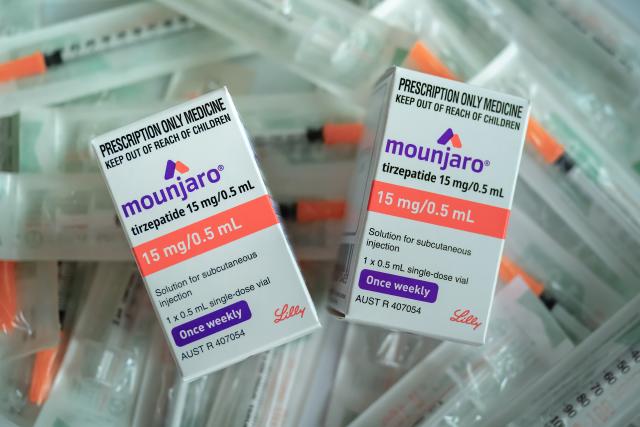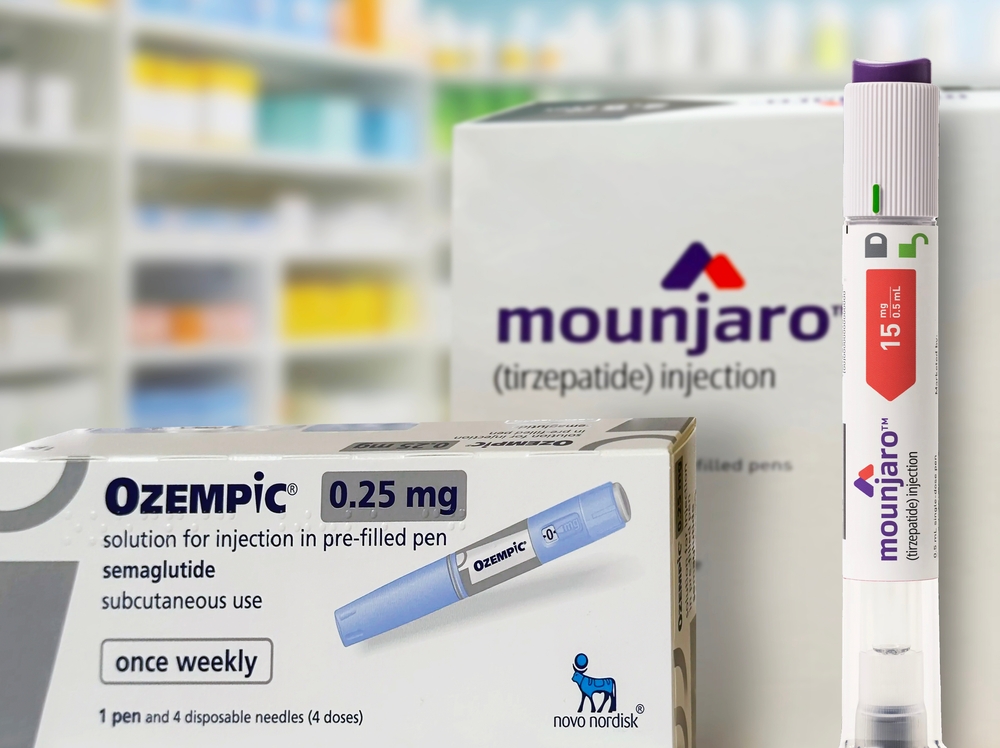If you’ve struggled losing weight despite diet and exercise efforts, breakthrough new weight loss drug represents a total game changer – rapidly reversing excess fat while boosting motivation sustaining improved lifestyle habits long-term.
But with so many options hitting markets, making sense of leading next generation weight treatments proves understandably overwhelming.
That’s why through digestible sections, we’ll spotlight today’s most promising medications, clarify how they differ from past attempts, and project the obesity treatment future as innovation continues progressing.
Understanding modern Anti-Obesity Medications
Historically, physicians possessed few truly effective pharmacological weapons battling the bulbous epidemic.
Agents increasing metabolism or blocking dietary fat absorption – while modestly beneficial – introduced scary cardiovascular risks limiting broad use.
However, emerging treatments utilize highly targeted approaches tapping the body’s own appetite and fat regulating pathways through injections carrying dramatically lower risks:
- Semaglutide (Wegovy, Ozempic) – Injectable GLP-1 pathway activator suppressing hunger while stimulating improved satiety signaling
- Tirzepatide (Mounjaro) – Dual GIP/GLP-1 agonist amplifying semaglutide mechanisms even further
- Setmelanotide (Imcivree) – First-in-class MC4R-targeting injection restoring deficient pathways regulating weight
- And more breakthroughs publishing incredible clinical trial results monthly!
So how do these next generation medications upgrade obesity care beyond the past?
Exceeding Previous Pharmaceutical Attempts
Modern medical options far surpass predecessors through:
- Superior safety – Very limited cardiovascular or gut disease risks allowing wide prescription
- Greater efficacy – Typical 15-25% baseline weight reduction through improved satiety regulation
- Better adherence – Less serious effects like light GI discomfort occurring mostly early-on
- Lasting results – Mechanisms generate continued fat cell improvements with years of treatment
- Enhanced access – Streamlined subcutaneous injections or even oral formations
The medical field agrees – we’ve entered a golden age of pharmacology positively combating obesity through multiple novel mechanisms with exceptional therapeutic indexes.
Future Outlook: Mass Adoption On Horizon
Present performance already massively upgrades obesity outcomes through convenience care pathways. But the future looks even brighter!
Ongoing drug developments seek further advancing treatment through:
- Even higher weight loss results – perhaps above 30% baseline drops
- Extended duration effects sustaining losses long term
- Reduced injection frequencies – from weekly to monthly or less
- Combination therapies synergizing MOAs even further
- And accessibility expansions bringing solutions to all socioeconomic groups
With breakthroughs rapidly publishing, expanded formulary options will make pharmaco-aided fat fighting every clinicians’ first line order for overweight individuals in under a decade.

Conclusion – A Revolution Underway
Hopefully clearly relating just how profoundly innovative MOAs like GLP/GIP modulation transform lingering weight loss frustration makes graspable the incredible progress underway.
Where the past relied upon limited responses barely budging BMI downwards, brilliant science now opens doorways to radical reduction through credibility, safety and sensational therapeutics.
Frequently Asked Questions
Do new weight loss medications replace need for bariatric surgery?
Not universally. For mild-moderate obesity, improved drugs often circumvent necessity of invasive measures through superior safety. However, those with severe obesity still may require procedures if pharmaceuticals combined with lifestyle interventions fail realizing goals.
How long should I trial a weight loss medication before assessing efficacy? Patience pays – clinical guidance suggests 12-16 week run-ins with consistency before evaluating if newer obesity medications work for you. Delayed responses happening for some individuals as the body adapts. Give your body and the drug a fair shot.
Can I take anti-obesity treatments indefinitely?
Research indicates medications like semaglutide remain effective and safe for long-term usage beyond initial 6-12 month trials with no derived issues thus far. However, patients and doctors closely monitor progression making adjustments to dosages or therapy duration as necessary over years.


